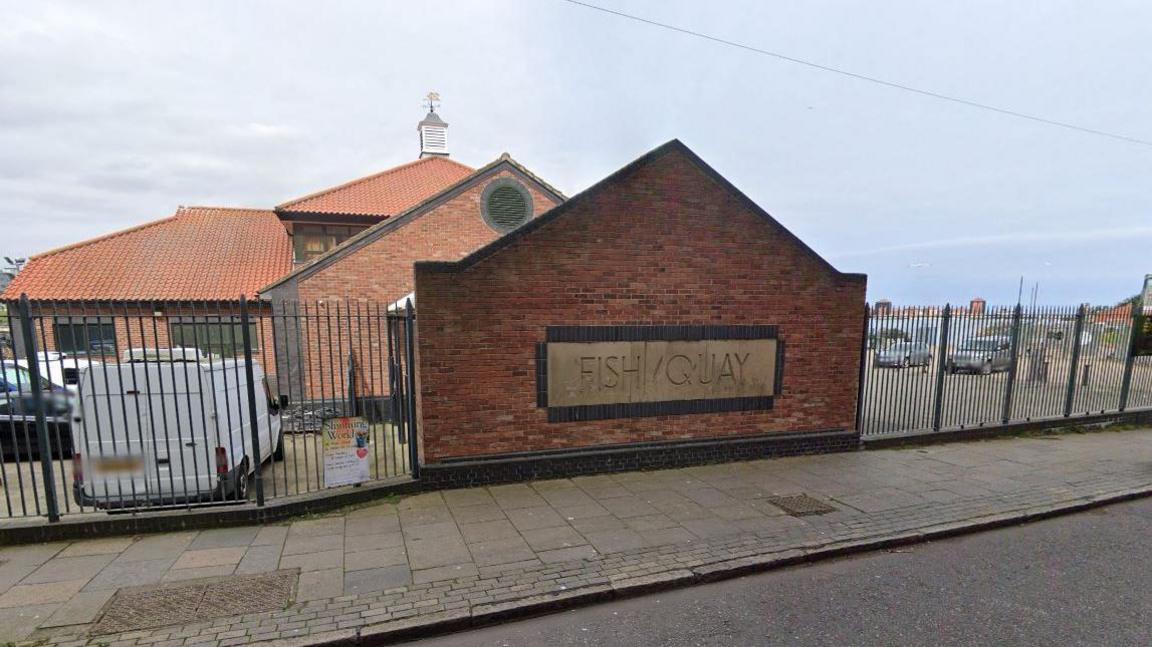Identifying beach bones 'could take years'

Criminologist Iain Stainton said discovering who human remains belong to could take years
- Published
Identifying suspected human remains which washed up around a stretch of coast could take years, a criminologist has said.
Four discoveries of bones or remains were made at Roker Beach, Seaburn and the Fish Quay in Sunderland.
Police confirmed that at least one set of remains was human.
Ex-detective Iain Stainton said the initial investigation could take longer depending on the "state of the remains".
Mr Stainton, who previously worked at Cumbria Police and is now a lecturer at the University of Cumbria, said reports of human remains being found in coastal areas occurred "quite regularly".
One case he worked on took "several years" to determine where remains came from.
The police would be trying to match samples from the remains to the UK's DNA database, he added.
"In the first instance, it will depend on whether DNA is extractable from the remains and comparing it to anything that is on the database," he said.
"There are an awful lot of options that we can look at, dependant upon the decomposition and the state of the human remains."
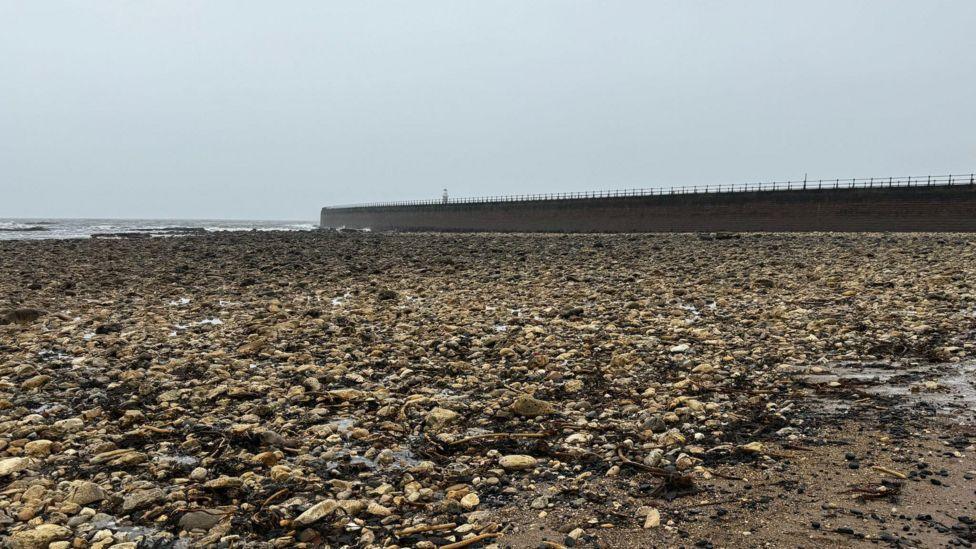
Bones were found on Roker Beach in March
Suspected human remains were first found on a path overlooking Roker Beach on 13 February.
Bones were later found in the sand on the same stretch of beach on 12 March.
Police were called to Seaburn Beach on Good Friday after suspected human remains were discovered by a member of the public.
Then on 12 April, Northumbria Police officers were called to the Fish Quay after remains were found.
The force said it was "treating the discoveries as unexplained".
Follow BBC North East on X (formerly Twitter), external, Facebook, external and Instagram, external. Send your story ideas to northeastandcumbria@bbc.co.uk.
Related topics
- Published15 February 2024
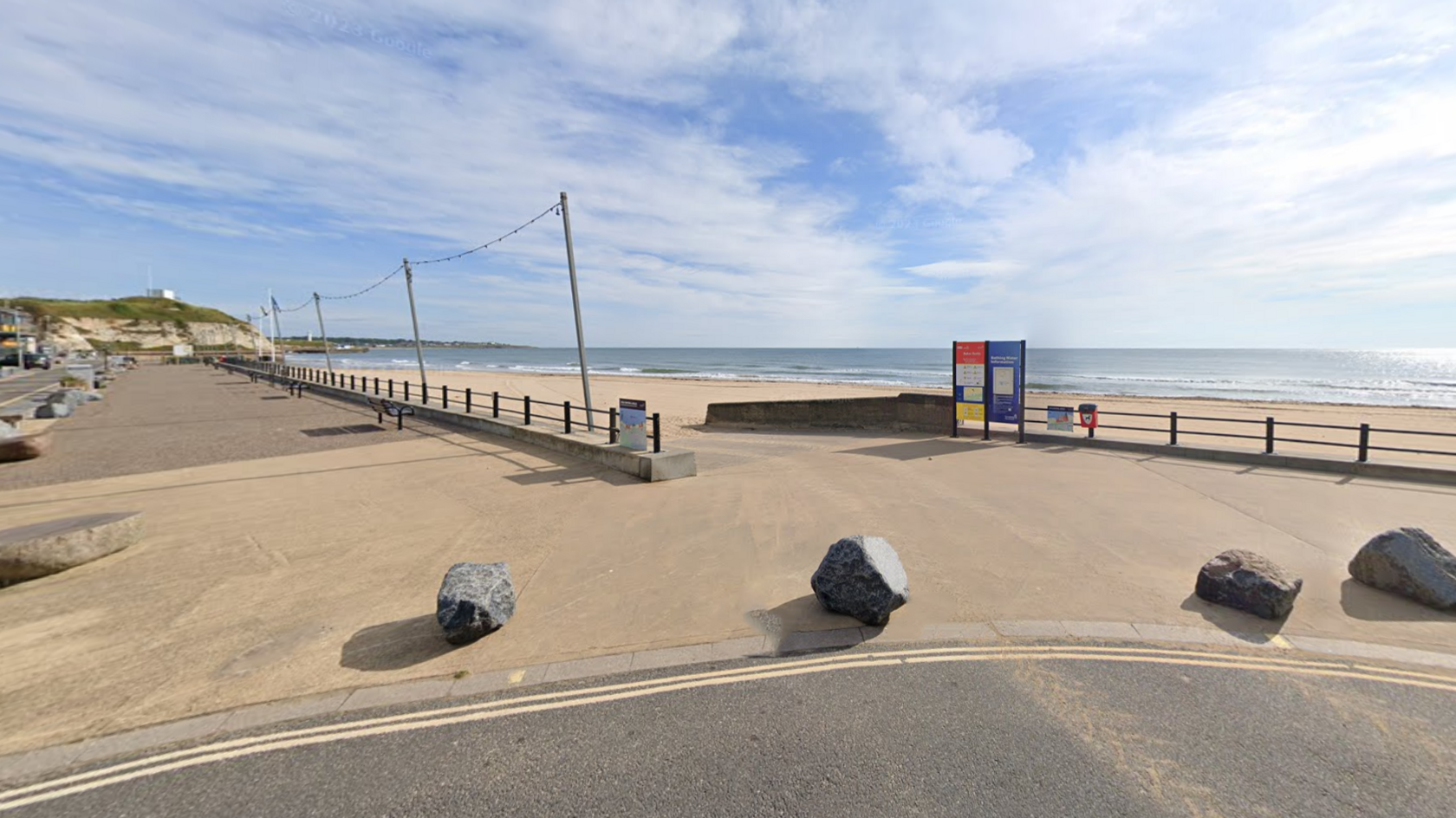
- Published12 March 2024
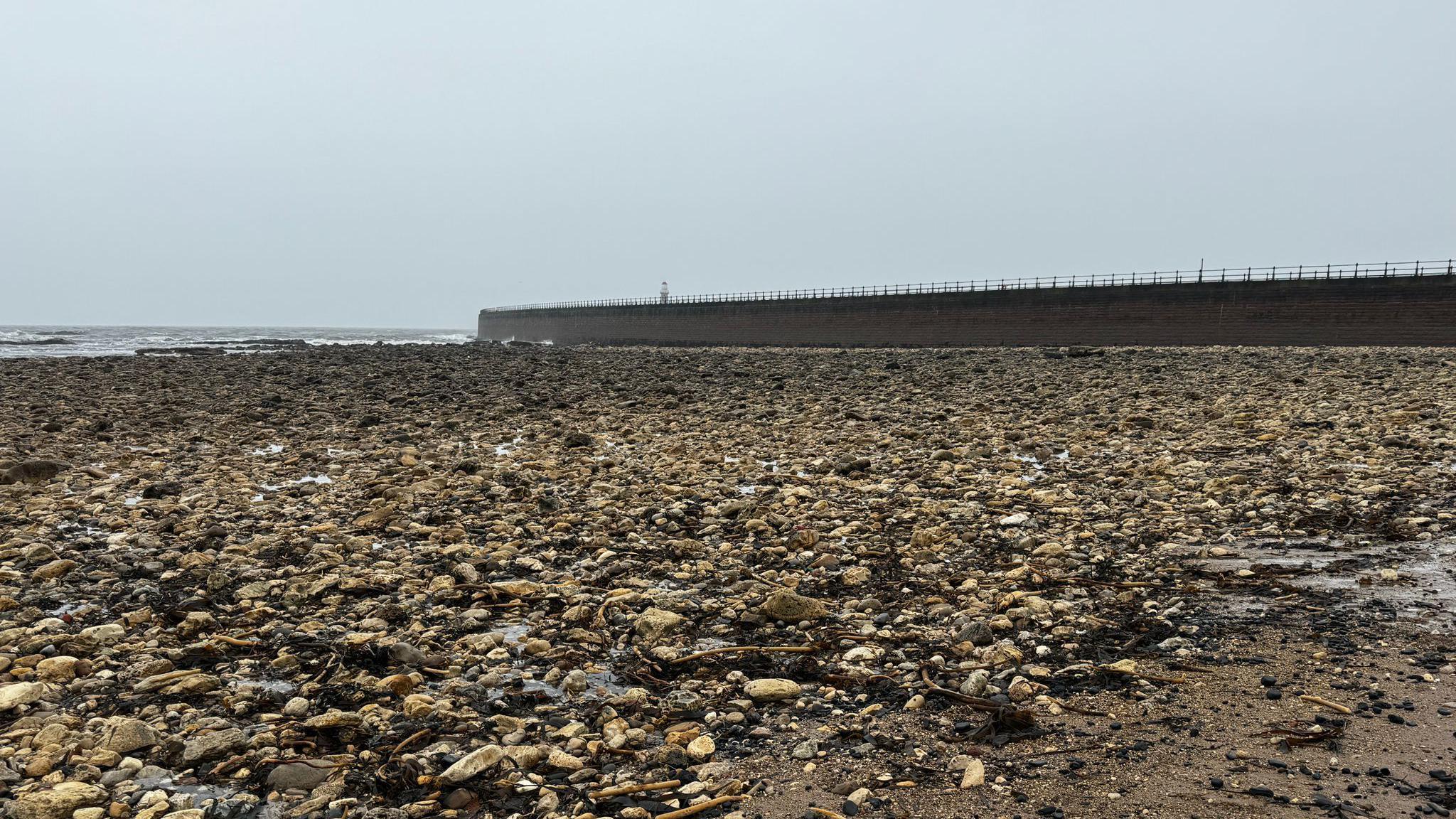
- Published29 March 2024
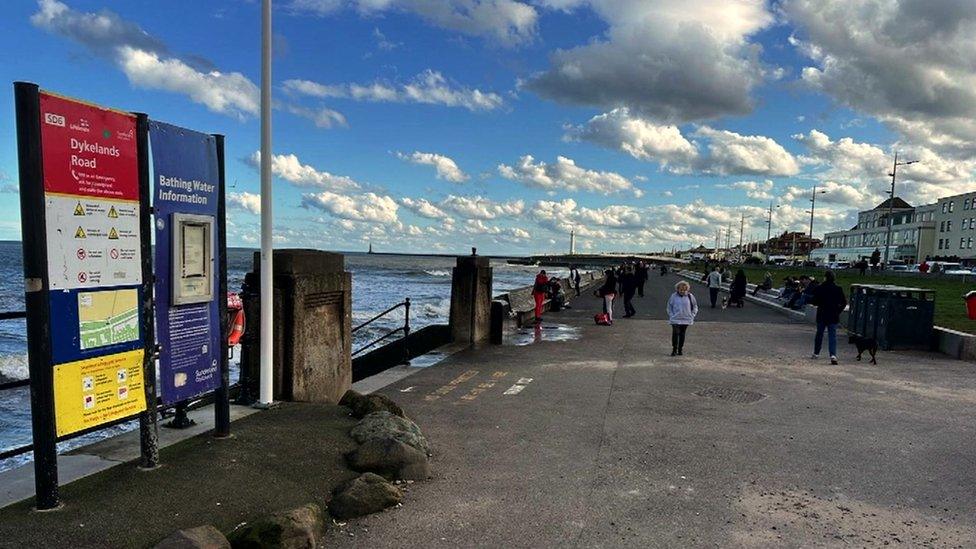
- Published15 April 2024
